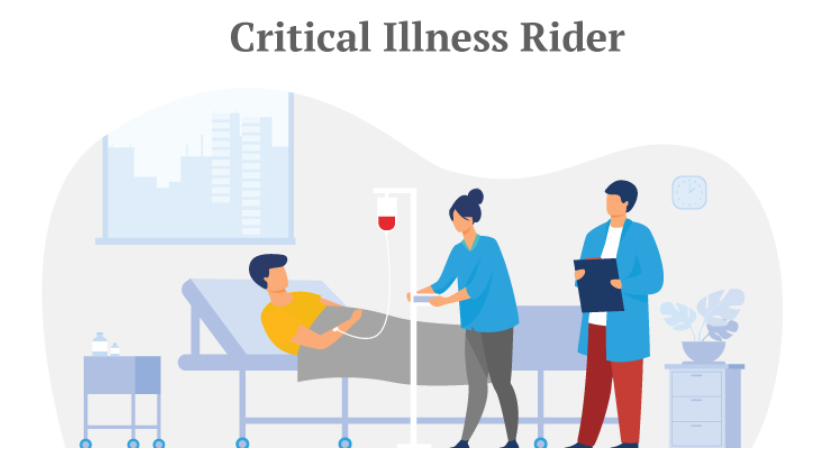When a loved one receives a terminal diagnosis, the emotional and practical challenges can be overwhelming. Understanding how to care for someone facing a life-limiting illness involves not only coping with emotional turmoil but also preparing practically for the progression of the disease and honoring their final wishes.
Understanding Terminal Illness
A terminal illness is defined as a disease or condition with no cure that will ultimately lead to death. The term “terminal” typically indicates that a patient has a limited amount of time left, often specified by a doctor. It’s crucial to have a clear conversation with the treating physician to understand the specifics of the diagnosis, the expected progression of the illness, and any timelines involved. This information will help you plan appropriately for your loved one’s care and understand the trajectory of their illness.
Common Terminal Illnesses
Terminal illnesses can vary widely but include conditions such as advanced cancer, heart disease, Alzheimer’s disease, and ALS. Each condition requires specific types of care and will progress differently. Knowing the particular disease your loved one is facing is crucial to managing their care effectively.
Practical Steps for Terminal Illness Care
- Learn About the Illness: Gaining a thorough understanding of the illness will help you anticipate the care needed and make informed decisions about treatments and comfort measures.
- Create a Care Plan: Assess the immediate needs and future requirements of your loved one. This might include home modifications for accessibility, scheduling regular medical appointments, or arranging for in-home care support.
- Discuss and Document End-of-Life Wishes: Have open discussions about end-of-life wishes concerning medical treatment, living arrangements, and palliative care. Respect these wishes and include them in a formal advance directive.
- Set Up a Support System: Caregiving can be exhausting both emotionally and physically. Set up a network of family, friends, and professional caregivers who can share the responsibility and provide emotional support.
- Manage Financial and Legal Affairs: Ensure that all financial and legal documents are in order, including wills, insurance policies, and any documents related to property. Consider speaking with a financial advisor to manage potential medical costs and care expenses effectively.
- Focus on Quality of Life: While managing medical care and practical details, don’t forget to enrich your loved one’s life with joy and comfort. This can include small outings, gatherings with friends and family, favorite foods, music, or anything else that brings them happiness.
- Seek Emotional Support: Dealing with terminal illness can be traumatic. Do not hesitate to seek emotional support for yourself and your family. This can include counseling, support groups, or therapy.
- Prepare for the Final Days: As difficult as it may be, preparing for the final days is essential. This preparation can involve palliative care arrangements to ensure comfort, discussing funeral plans, and saying goodbye.
- Take Care of Yourself: Caregivers often put their own needs last. It’s vital to maintain your health and well-being to be effective in your caregiving role. Regular breaks, healthy habits, and emotional support are crucial.
Conclusion
Caring for a terminally ill family member is one of the most challenging experiences a person can face. By preparing thoroughly, seeking support, and focusing on quality of life, you can make the journey as comfortable as possible for your loved one and yourself. Remember, it’s about making the most of the time left and ensuring that your loved one feels loved and dignified throughout their final days.



